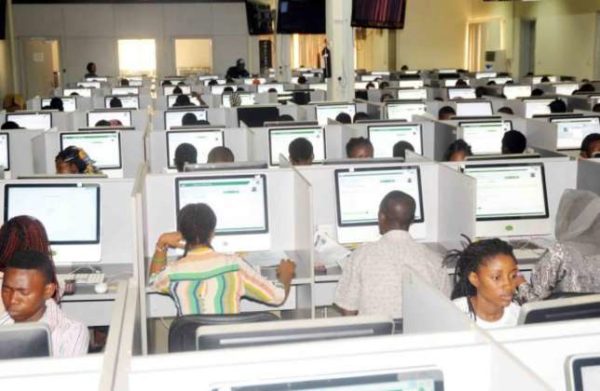Educational Issues
ASUU Strike And Economy Phobia “Econophobia” -By Alabi Quadri Adetunji
Universities in Nigeria are like factories, shutting them amounts to rendering thousands jobless. The economic value chain in Nigerian universities is big, banks; food vendors, landlords, stationery, motorcycle riders “Okada”, taxi drivers and several small businesses in the value chain. All of these people are today either unemployed or underemployed.

“It’s the economy, stupid” is a phrase that was coined by James Carville in 1992. Chester James Carville Jr. is an American political consultant and author who has strategized for candidates for public office in the United States. Carville was a strategist in Bill Clinton’s 1992 presidential campaign against incumbent George H. W. Bush. His phrase was directed at the campaign’s workers and intended as one of the messages for them to focus on. Permission to Prof. Idowu Olayinka former Vice-chancellor University of Ibadah for using his narration on James Carville economy stand in 1992
As I write at least one million Nigerian university students are stranded for the closure of all the Federal and most of the State-owned Universities. This is the 20th national strike that ASUU would be embarking on in the last 30 years.
ASUU Strike is effecting the economy of this country, government should understand that the strike is not just a punishment for university lecturers and Students alone but a punishment for entire Nigerians. My central concern on this piece “Effect of ASUU Strike on national economy” was the result of an assignment given to me and colleagues by a senior lecturer who happen to be the lecturer in charge of “Business and Economy reporting” my group assignment is to work on fish sellers in Malete market “Fishmongers”, after I done with my research and interview I concluded that ASUU Strike is having a hard effect on the economy of the country
The policymakers may not be aware of the multiplier effect of shutting down businesses-generating sub-sectors like universities. All over the world, institutions of learning are considered to be among business hubs for employment generation and income redistribution of the power to produce macroeconomic polticies. The strike is taking a toll on the Nigeria economy.
However, the assignment I embark on is just to know how students patronizing the Fishmongers in the school area, after the research and interview, averagely a Fishmongers will go home with thirty thousand naira (#30, 000) selling per day, the research base on sellers of varieties of frozen fish in Malete, Mooro local government area of Kwara State, frozen fish which include Mackerel (locally called titus/Alaran), herrings (Shawa), horse mackerel (Kote), blue whiting (Panla) and Argentina Silus (Ojuyobo). By the factor of this work, I realize that if a Fishmonger can sell thirty thousand naira fish in a day; what will be the total selling per week
For instance, thirty thousand naira for ten Fishmonger per day is three hundred thousand naira (#300, 000); a week is 2.1 million naira, what will be the business value chain of other business in school area? This shows the kind of money and economy effect of Institutions in small business in the value chain.
Universities in Nigeria are like factories, shutting them amounts to rendering thousands jobless. The economic value chain in Nigerian universities is big, banks; food vendors, landlords, stationery, motorcycle riders “Okada”, taxi drivers and several small businesses in the value chain. All of these people are today either unemployed or underemployed
Alabi Quadri Adetunji
09018201963
tunjialabi13@gmail.com

















